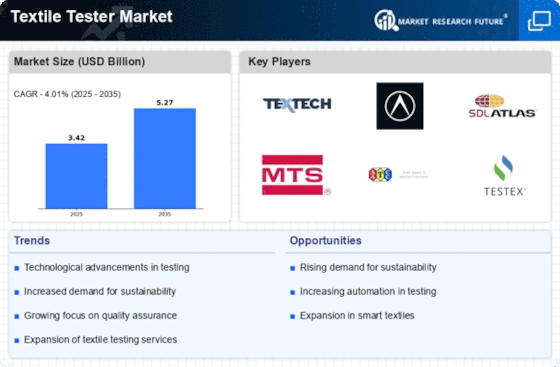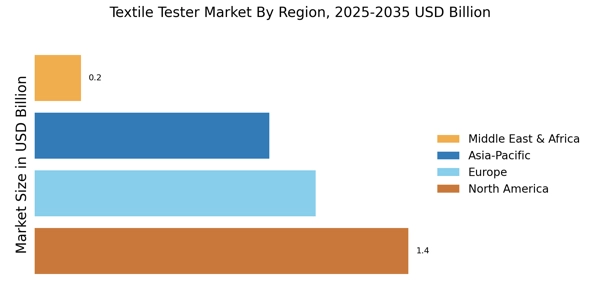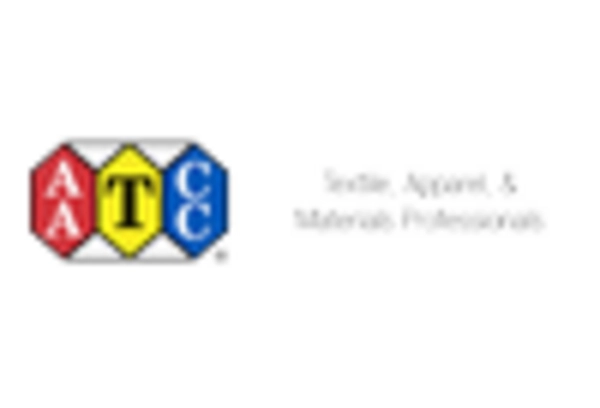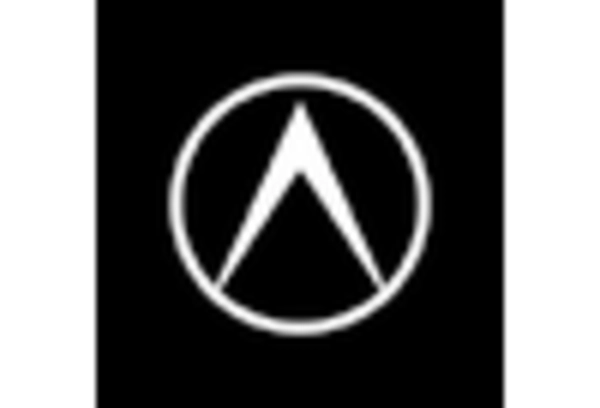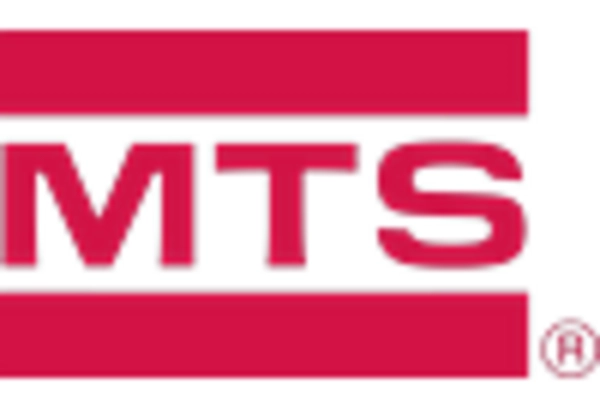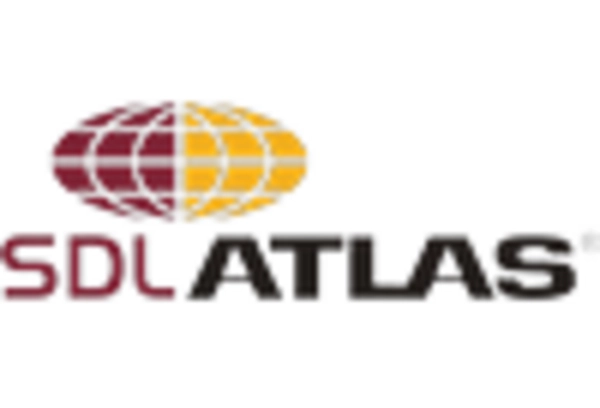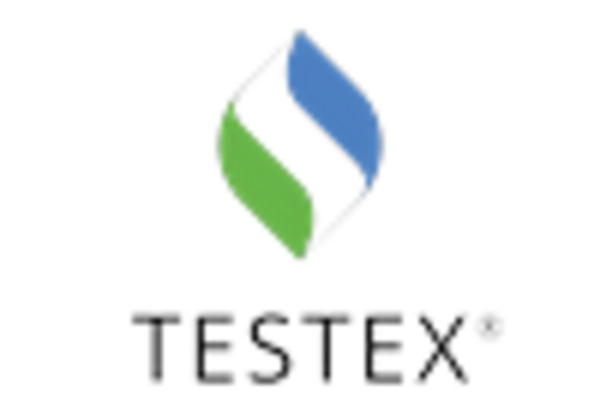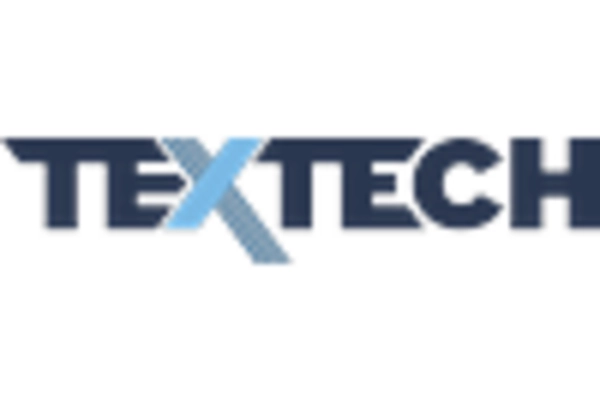Increased Regulatory Scrutiny
The Textile Tester Market is witnessing heightened regulatory scrutiny as governments and organizations implement stricter safety and environmental regulations. Compliance with these regulations is essential for manufacturers to avoid penalties and maintain market access. For example, regulations concerning harmful substances in textiles, such as REACH in Europe, require comprehensive testing to ensure compliance. This regulatory landscape compels manufacturers to invest in reliable testing solutions, thereby driving demand within the Textile Tester Market. The increasing focus on sustainability and ethical sourcing further amplifies the need for rigorous testing protocols, as companies strive to meet consumer expectations and regulatory requirements.
Consumer Awareness and Education
Consumer awareness regarding textile quality and safety is on the rise, influencing the Textile Tester Market. As consumers become more informed about the potential risks associated with low-quality textiles, they increasingly seek products that meet specific safety and performance standards. This shift in consumer behavior drives manufacturers to prioritize testing and certification processes to build trust and credibility. Educational initiatives aimed at informing consumers about the importance of textile testing further bolster this trend. As a result, the demand for certified testing services is expected to grow, prompting companies within the Textile Tester Market to enhance their testing capabilities and ensure compliance with consumer expectations.
Rising Demand for Quality Assurance
The Textile Tester Market experiences a notable increase in demand for quality assurance across various sectors, including apparel, home textiles, and industrial fabrics. As consumers become more discerning regarding product quality, manufacturers are compelled to adopt stringent testing protocols to ensure compliance with international standards. This trend is reflected in the projected growth of the textile testing market, which is expected to reach USD 5 billion by 2026. The emphasis on quality assurance not only enhances brand reputation but also mitigates risks associated with product recalls and safety issues. Consequently, the demand for advanced textile testing solutions is likely to surge, driving innovation and investment in the Textile Tester Market.
Growth of E-commerce and Online Retail
The rapid growth of e-commerce and online retail significantly impacts the Textile Tester Market. As more consumers turn to online shopping for textiles, the demand for high-quality products increases. E-commerce platforms often require sellers to provide proof of product quality and safety, leading to a surge in testing services. This trend is particularly evident in the apparel sector, where online retailers face intense competition and must differentiate themselves through quality assurance. The expansion of e-commerce is projected to contribute to a 10% increase in the demand for textile testing services by 2025. Consequently, the Textile Tester Market is likely to adapt to these changing dynamics, focusing on providing efficient and reliable testing solutions.
Technological Advancements in Testing Equipment
Technological advancements play a pivotal role in shaping the Textile Tester Market. The integration of automation, artificial intelligence, and machine learning into testing equipment enhances accuracy and efficiency in textile testing processes. For instance, automated testing machines can perform multiple tests simultaneously, significantly reducing testing time and labor costs. Furthermore, the introduction of smart textiles necessitates the development of specialized testing equipment to evaluate their unique properties. As a result, the market for textile testing equipment is projected to grow at a compound annual growth rate of 7% from 2023 to 2028. This trend indicates a shift towards more sophisticated testing methodologies, which could redefine standards within the Textile Tester Market.


